Funk music has long played an integral role in shaping the cultural tapestry of hip-hop, serving as a foundational element that has influenced countless artists and tracks. From its roots in African American musical traditions, funk emerged as a driving force behind the evolution of urban music, blending raw energy, syncopated rhythms, and bold basslines that resonated deeply with audiences. This unique style didn’t just define a generation of musicians—it became the backbone of hip-hop culture itself, inspiringimitators, innovators, and legends alike. The fusion of funk and hip-hop created a soundscape that was both rebellious and expressive, setting the stage for the birth of a global movement. As we explore the legacy of funk in hip-hop, we’ll examine its profound impact on music production, artist influences, and the enduring appeal that continues to shape modern music.
Key Takeaways
– Funk and Hip-Hop Connection: The intersection of funk and hip-hop has been pivotal, with figures like James Brown, George Clinton, and Patti LaBelle bridging the gap and inspiring both genres.
– Influential Icons: DJ Kool Herc, Afrika Bambaataa, Grandmaster Flash, Kurtis Blow, LL Cool J, Big Daddy Kane, and Nas are among the top contributors shaping hip-hop’s culture and sound.
– Pioneering Contributions: Kool Herc, Afrika Bambaataa, and Grandmaster Flash laid the technical and cultural foundations of hip-hop, blending funk with break beats and scratch techniques.
– Shared Roots and Impact: The shared heritage between funk and hip-hop fostered a rich cultural exchange, influencing music, fashion, and social movements globally.
– Explore Funk’s Legacy: Discover how funk’s legacy lives on through Tiger Funk, celebrating the artists and movements that defined these iconic genres.
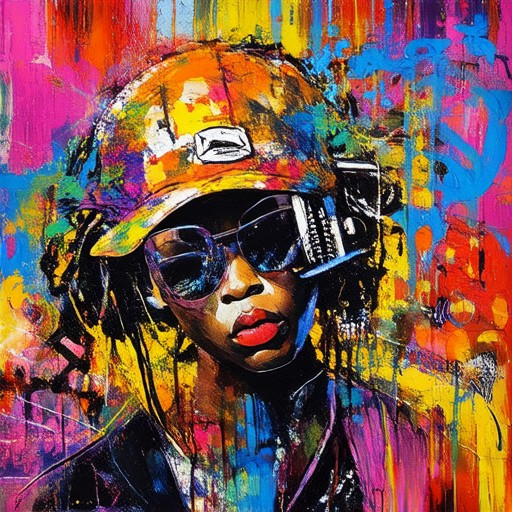
How Did Funk Influence Hip-Hop?
Funk played a pivotal role in shaping the foundation of hip-hop culture, influencing its musical style, lyrical content, and overall aesthetic. Here’s a breakdown of how funk impacted hip-hop:
Musical Influence
Funk’s rhythmic patterns and grooves laid the groundwork for hip-hop’s beat-driven culture. The hypnotic basslines and syncopated rhythms of funk records inspired DJs to create break beats, which became the backbone of hip-hop tracks. Artists like Afrika Bambaataa and James Brown’s recordings were instrumental in developing the break-beat tradition, which is a cornerstone of hip-hop production.
Lyrical Content and Storytelling
Funk also influenced the lyrical content of hip-hop through its emphasis on storytelling and social commentary. The narratives in funk songs often tackled themes of struggle, resilience, and personal pride, which resonated with early hip-hop pioneers. MCs began using similar storytelling techniques, creating a dynamic interplay between lyrics and beats that defined the genre.
Cultural Impact
Beyond music, funk’s cultural significance seeped into hip-hop’s identity. The fashion, attitude, and social consciousness associated with funk mirrored those of hip-hop’s early days. The block party culture, popularized by funk and soul events, gave birth to the DJ-driven parties that hip-hop would later dominate.
Key Artists and Genres
Artists like Curtis Mayfield, The Notorious B.I.G., and Public Enemy drew inspiration from funk’s raw energy and socially conscious messages. The genre’s influence extended beyond music, with hip-hop adopting funk’s unapologetic style and community-focused ethos.
Technological Adoption
Funk’s adoption of electronic instruments and synthesizers in the 70s paved the way for hip-hop producers to experiment with sounds beyond traditional instrumentation. This technological shift allowed for greater creativity in beat-making and sound design, shaping the futuristic soundscapes that define modern hip-hop.
Legacy
The influence of funk on hip-hop is undeniable, with its legacy evident in everything from production techniques to lyrical delivery. As hip-hop continues to evolve, the roots of funk remain a foundational element, connecting past and present.
For more insights into funk’s impact on music and culture, explore Tiger Funk .
What Part of Funk Music Became the Backbone for Hip-Hop?
The backbone of hip-hop music can be traced back to the foundational elements of funk, which include its rhythmic structure, lyrical focus, and cultural significance. Here’s a breakdown of how funk influences hip-hop:
- Rhythmic Foundation : Funk music, characterized by its syncopated rhythms and strong basslines, provided the rhythmic framework for hip-hop. Artists like James Brown and George Clinton (of Parliament) popularized the “funky drummer” beat, which became a staple in hip-hop production.
- Break Beats : Early hip-hop DJs and producers, inspired by funk records, developed the concept of break beats. These were instrumental sections of funk tracks that became the basis for rap songs. Break beats allowed emcees to showcase their lyrical skills while maintaining a consistent rhythm.
- Sampling and Remixing : Funk records were heavily sampled by hip-hop artists. Songs like “Funky Drummer” by James Brown and “Give It Up” by P-Funk have been remixed and sampled countless times, becoming integral to hip-hop tracks.
- Cultural Impact : Funk music’s emphasis on social issues and African American pride resonated deeply with hip-hop artists. Lyrics often mirrored the themes found in funk, focusing on personal struggles, societal challenges, and cultural identity.
- Innovative Blends : Artists like Afrika Bambaataa combined funk with other genres such as soul, jazz, and Latin music, creating a hybrid sound that hip-hop further evolved into.
- Beat Science : Funk’s intricate rhythms and polyrhythms influenced hip-hop’s production techniques, leading to the development of layered beats that form the backbone of modern rap music.
In essence, funk music’s rhythmic innovation, lyrical authenticity, and cultural relevance provided the necessary foundation for hip-hop to emerge as a distinct genre, shaping its sound, style, and storytelling traditions.
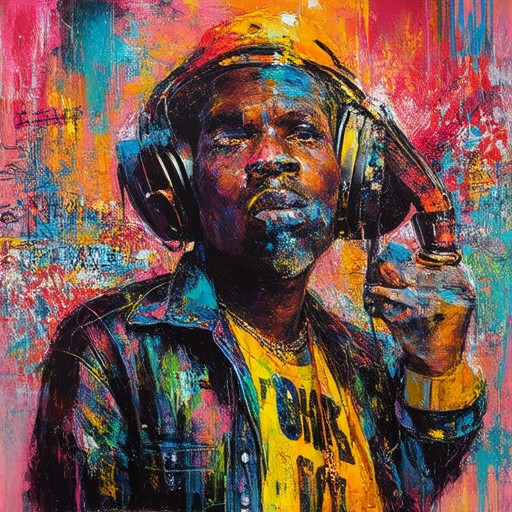
What Genre Influenced Hip-Hop the Most?
Hip-hop’s origins can be traced back to African American communities in New York City during the late 1960s and early 1970s. While it draws influences from various genres, the most significant influence comes from funk . Funk emerged in the mid-1960s, characterized by its syncopated rhythms and strong basslines, which laid the foundation for hip-hop’s beat.
The cultural context of the era, marked by social struggles and community gatherings, played a pivotal role in hip-hop’s creation. Block parties in neighborhoods like the South Bronx became hubs for DJs spinning records, blending genres like funk, jazz, and reggae. These gatherings birthed the scratch technique, where DJs manipulated vinyl records to create new sounds, and introduced MCs who rapped over these beats.
Key figures like Afrika Bambaataa, often referred to as the “Godfather of Hip-Hop,” further refined the genre by incorporating elements from jazz, soul, and Latin music. Artists such as James Brown and Public Enemy highlighted the deep connection between funk and hip-hop, while reggae influences from artists like Bob Marley resonated with hip-hop audiences, notably through collaborations with The Notorious B.I.G. and Tupac.
Thus, while funk is widely regarded as the primary influence, hip-hop’s evolution is a mosaic of African musical traditions, jazz improvisation, and the innovative spirit of its creators.
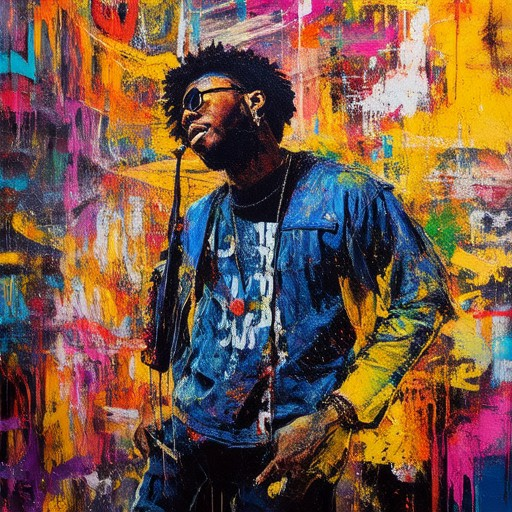
Influential Figures Bridging Funk and Hip-Hop
The intersection of funk and hip-hop has several key influencers who played pivotal roles in shaping both genres. Here are some of the most influential individuals:
- James Brown – Often referred to as the “Godfather of Funk,” Brown’s dynamic performances and socially conscious lyrics left a lasting impact on both funk and hip-hop. Artists like Public Enemy and LL Cool J have cited him as a major inspiration.
- George Clinton – As the leader of Parliament-Funk Alliance, Clinton’s innovative approach to funk and his emphasis on social commentary influenced numerous hip-hop producers and artists who adopted his bold, boundary-pushing style.
- Patti LaBelle – Known for her powerful vocals and theatrical performances, LaBelle’s early work with funk group Labelle inspired hip-hop artists like Queen Latifah and Missy Elliott, who frequently reference her influence.
- DJ Kool Herc – A pioneer of hip-hop culture, Herc’s DJ skills and breakdancing phenomenon laid the groundwork for the genre while deeply rooted in funk and Caribbean rhythms.
- Kurtis Blow – One of the earliest rappers, Kurtis blended rap with funk elements, creating tracks like “The Breakdown” that showcased the crossover potential between the two genres.
- Eddie Kendricks and Harold Melvin & the Blue Notes – These soul and funk legends influenced hip-hop through their smooth harmonies and catchy melodies, which became popular in sampling and vocal group performances.
These figures not only shaped funk but also laid the foundation for hip-hop, demonstrating the shared roots and mutual influence between the two genres.
Who Had the Biggest Influence on Hip-Hop?
DJ Kool Herc is widely regarded as one of the foundational figures in hip-hop history. Known as the “Father of Hip-Hop,” he is credited with pioneering the use of break beats and scratch techniques during his performances at block parties in the Bronx, particularly at the infamous “Back to School Jam” in 1973.
Afrika Bambaataa, another pivotal figure, is celebrated for his role in fostering the cultural and communal aspects of hip-hop, bringing together diverse crowds and laying the groundwork for the genre’s growth.
Grandmaster Flash emerged as a legendary DJ whose technical skills and innovative approaches to turntablism influenced countless DJs and set new standards for performance.
Kurtis Blow stands out as one of the first rappers to achieve mainstream success, signing with Decca Records in 1980 and helping to introduce hip-hop to a broader audience.
LL Cool J rose to fame in the late ’80s with his distinctive style and storytelling abilities, becoming a prominent figure in the evolution of hip-hop.
Big Daddy Kane is renowned for his lyrical prowess and contribution to East Coast rap, establishing himself as a key figure in the genre’s development.
Nas, while coming a bit later, has left an indelible mark with his intricate storytelling and innovative flows, setting high standards for rappers to follow.
These individuals have collectively shaped hip-hop into the global phenomenon it is today, influencing every aspect from production and lyrics to culture and fashion.
For more insights into the rich history and cultural significance of hip-hop, visit Tiger Funk .
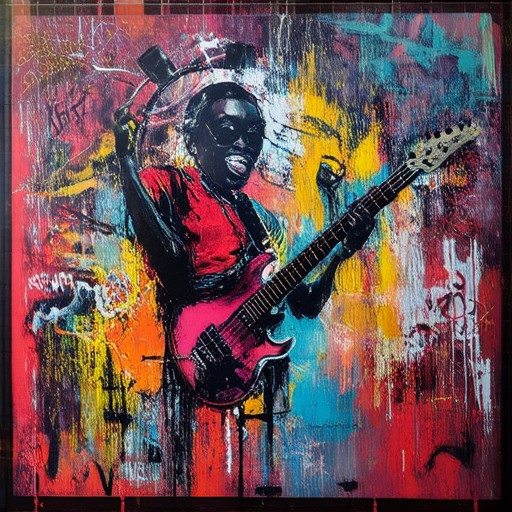
The Pioneers of Hip-Hop
Hip-hop, one of the most influential musical genres in history, emerged in the late 1960s and early 1970s. Its origins can be traced back to block parties in New York City, particularly in the South Bronx neighborhood. Among the foundational figures of this cultural movement are:
- Kool Herc – Known as the father of hip-hop, Kool Herc is celebrated for his innovative DJ techniques and the creation of the “Herc Mixes,” which laid the groundwork for the genre’s distinctive beats and rhythms.
- Africa Bambaataa – Often referred to as the “Godfather of Hip-Hop,” Afrika Bambaataa was instrumental in promoting the genre through his performances and contributions to early hip-hop culture.
- Grandmaster Flash – Renowned for his exceptional scratching skills, Grandmaster Flash helped establish the technical foundations of hip-hop DJing and remains a legendary figure in the genre’s history.
These pioneers not only shaped the sound of hip-hop but also its cultural impact, influencing fashion, language, and social movements worldwide. Their contributions continue to resonate in modern music and beyond.
Tiger Funk celebrates and preserves the rich history of funk, soul, and jazz fusion, offering a deep dive into the artists and movements that defined these genres. Explore our comprehensive resources to learn more about the origins of hip-hop and its evolution over the decades.
Explore Tiger Funk

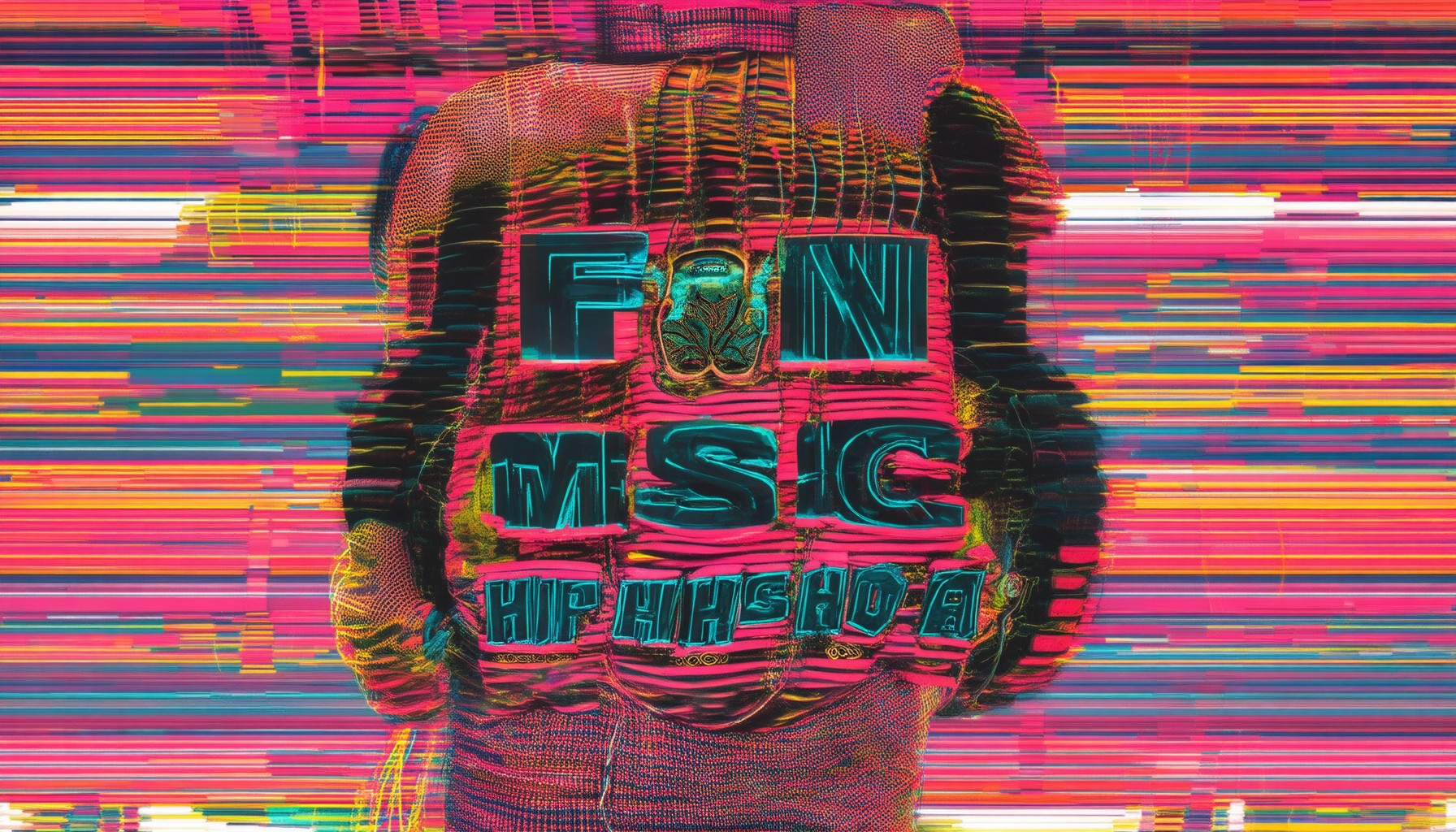
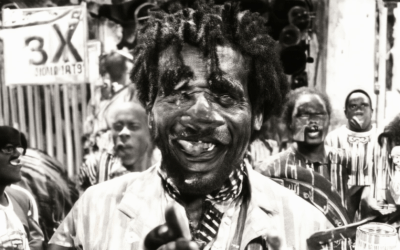

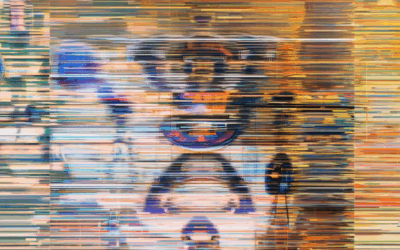
0 Comments